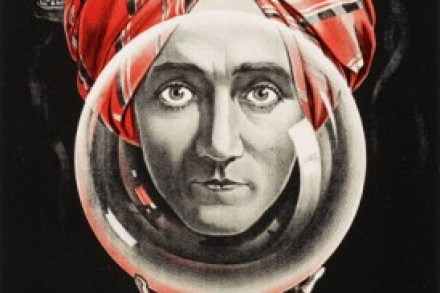Nate Silver on Scottish independence: Alex Salmond has “no chance”
Nate Silver, in Edinburgh to punt his new book, appears to have annoyed some Scottish nationalists today. The “polling guru” (according to all newspapers everywhere) has told the Scotsman that he thinks Alex Salmond’s merry bunch of nationalists have ‘no chance’ of prevailing in next September’s independence referendum. It is true that Scottish politics is not Mr Silver’s area of special expertise. It is also true that I am not sure his views are necessarily all that important. They do not carry top-weight in this handicap. I am not sure they merit being treated as some sort of Oracular revelation. Nevertheless the man can read a poll and since there’s been no shortage of














